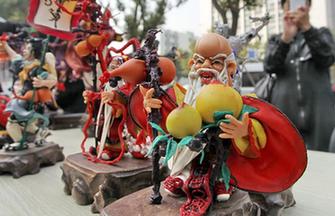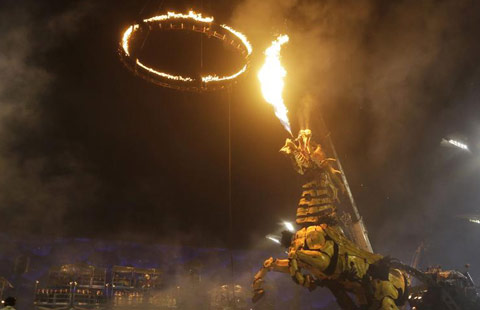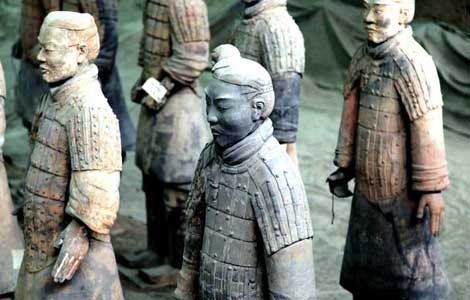Eyes on spies
By Han Bingbin ( China Daily ) Updated: 2014-10-23 07:31:07
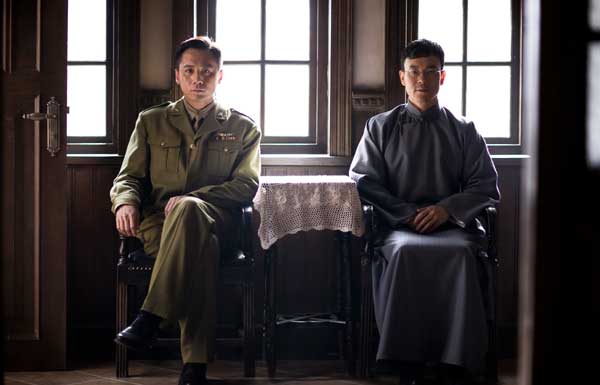 |
|
Liao Fan and Liu Ye are members of the star-studded cast of the popular spy-themed TV show All Quiet in Peking. [Photo/China Daily] |
Liu's reputation for rigorous historical research hails from two equally popular historical dramas - Daming Wangchao 1566 and Yongzheng Dynasty - known for breaking out of stereotypical depictions of monarchs.
Media quoted Liu as saying he believes All Quiet in Peking fairly objectively depicts the Communist and the Kuomintang parties, and even Taiwan viewers would find it convincing.
Spy serials have been popular on Chinese TV since around 2009, when Lurk became a sensation. They've since proliferated to account for about a third of all Chinese teleplays.
This has made writers like Mai Jia - "the father of Chinese spy literature" - a household name.
Several of Mai's novels have been adapted into high-profile films and TV series, such as the 2009 blockbuster The Message, starring A-listers Zhou Xun and Li Bingbing.
President Xi Jinping was quoted by media as telling Mai at a recent symposium of established writers and artists that he, too, is a reader of Mai's novels and praised their patriotic themes. He also voiced criticism of many spy shows that disregard history and can serve as bad influences.
Mai announced on his micro blog in 2011 that he'd stop writing spy novels because he was disheartened by the flood of poor spy teleplays.
Most Chinese TV stations are cautious about risk and jump on the bandwagon once a particular type of show fares well. For instance, one station ran three months of spy shows in 2009 after Lurk became big.
|
|
|
|
|
|
|
|
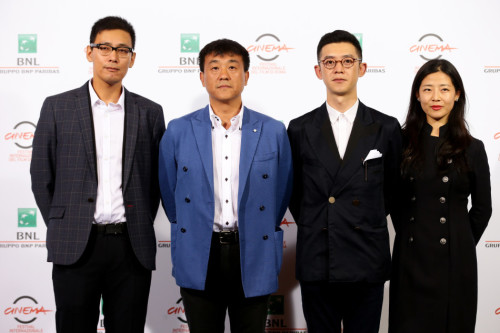

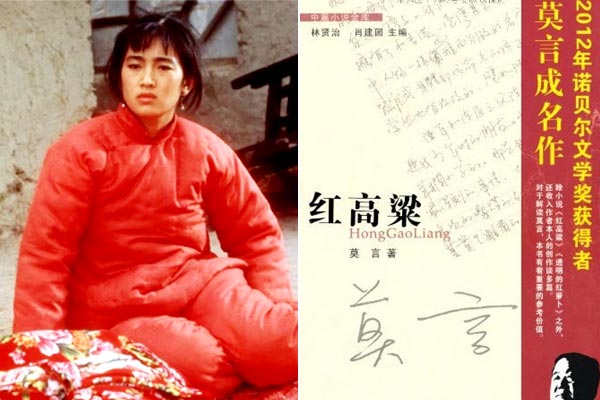

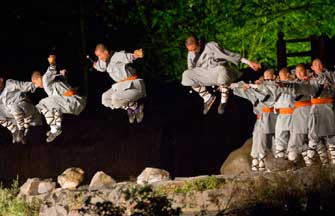



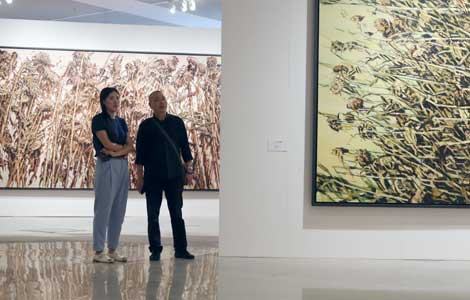

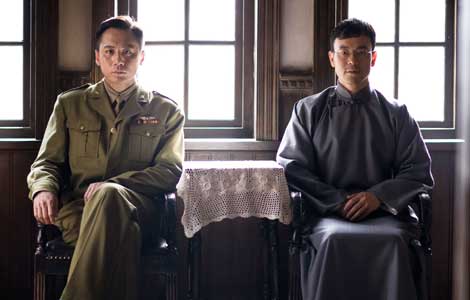







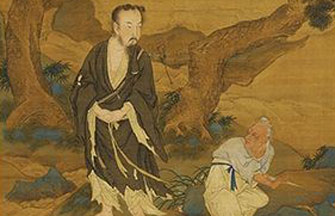



 Raymond Zhou:
Raymond Zhou: Pauline D Loh:
Pauline D Loh: Hot Pot
Hot Pot Eco China
Eco China China Dream
China Dream China Face
China Face
